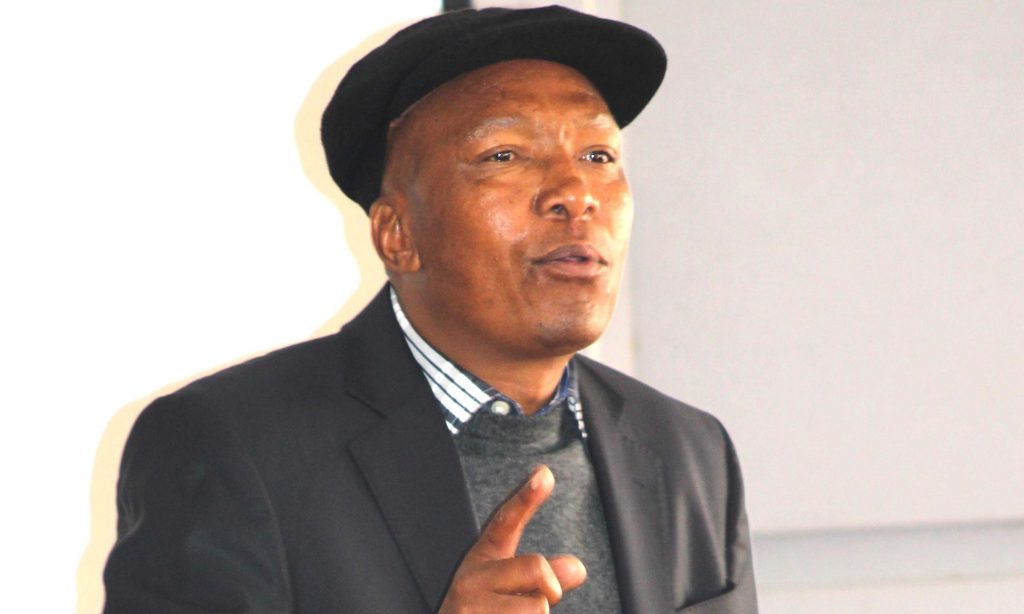LOCAL artistes are set to finally receive royalties for their work with the impending gazetting of the Copyright Regulations (2015).
The regulations, which were promulgated by Tourism, Environment and Culture Minister, Likeleli Tampane, compel broadcasters to pay artists for using their work.
On Thursday, the ministry held a workshop for local radio stations at the State Library in Maseru, to notify them about the regulations. Addressing radio stations representatives, Ministry of Law and Constitutional Affairs Copyright Registrar, Monyane “Skoloza” Makhetha, said it was only fair for artists to be paid for the public broadcasting and commercial use of their songs.
“Artistes, be it authors, musicians or filmmakers, spend a lot of money to produce their material which is broadcast freely without them getting any royalties, yet they would have invested the little they had in those projects,” Makhetha said.
“Radio stations tend to claim that they are promoting artists, yet it is through music that their programmes become popular. This is especially so for those programmes directed at the youth, and it is through popularity that they get advertisements.
“The Copyright Order of 1989 states that one cannot use any artiste’s material without their consent yet this is happening here in Lesotho, unlike in other countries. That is the reason why it is important for our artistes to earn royalties for their work.”
Makhetha also said musicians would be paid based on the amount of airplay they get, although radio stations would not be forced to play any particular song.
“We will also sign a reciprocal agreement with foreign music organisations whereby we collect royalties for the use of their music while they do the same in their countries and then exchange royalties.”
This meant, he said, that radio stations would pay for every song they play regardless of its origin. Makhetha, however, urged the stations to proritise local artistes in their playlists as a way of promoting them rather than sending more money outside the country.
The regulations also stipulate the formation of a society which would ensure that every registered artist gets what is due to them. The society’s board would have representatives from different spheres such as musicians, film-makers among others.
“We will also host workshops for hospitality businesses, restaurants, taverns and even taxi owners throughout the country to sensitize them of the copyright law as they are also expected to pay for the music they play, but they will be charged according to their size and license, unlike radio stations which will pay for every track they play,” he added.
Meanwhile, Famo and Jazz maestro, Lebohang “Sefako Sa Menoaneng” Letšohla, welcomed the upcoming regulations, saying they would be a boon for the music industry.
“It is heartening to see the government considering us artists as drivers of development in the country,” he said.
“Piracy has been killing us as artistes since we even struggle to return the money we invest in recording our music for instance. Sefako Sa Menoaneng is an eight-member group and everyone has to make a living from their talent.
“It has always been our dream as local artists to earn royalties for our music and now that something is being done, I have no words that can explain the joy I feel.”


